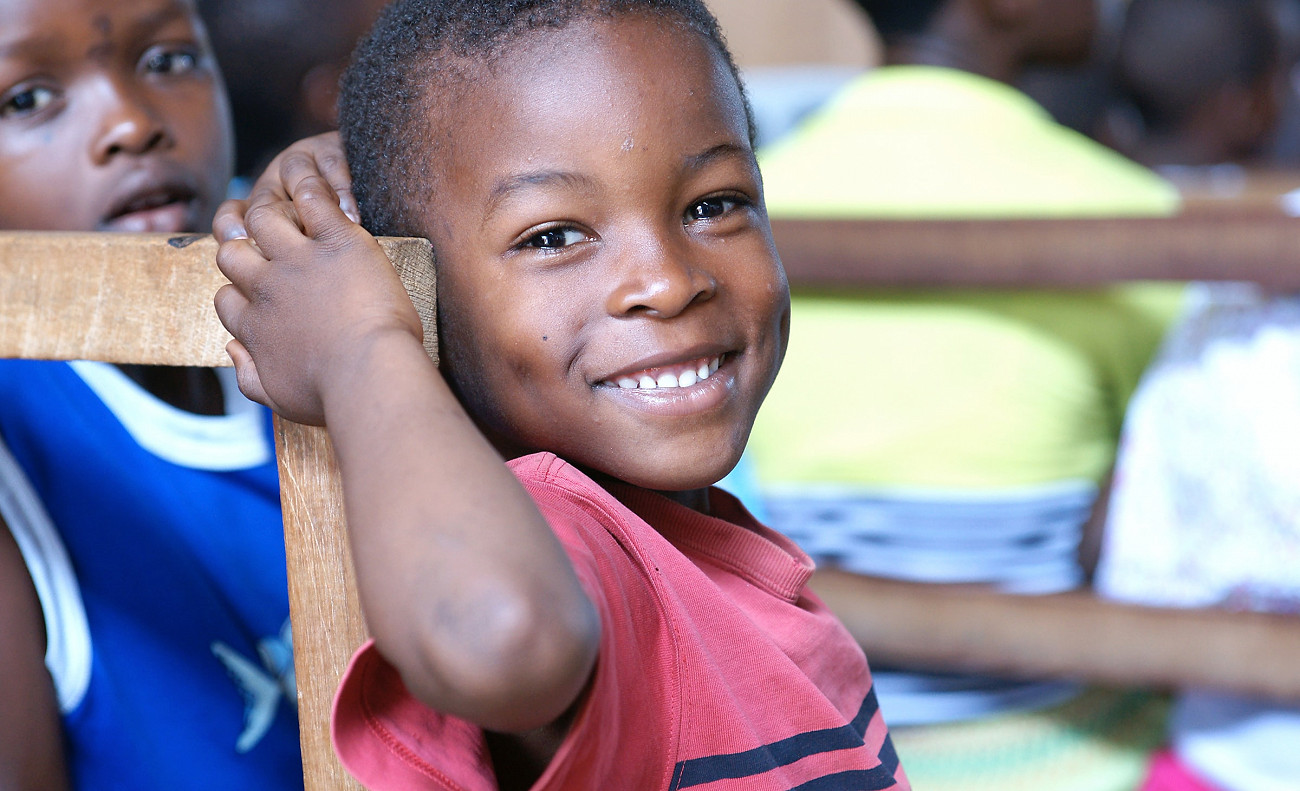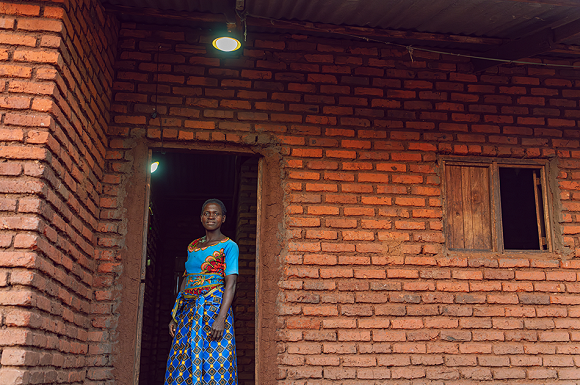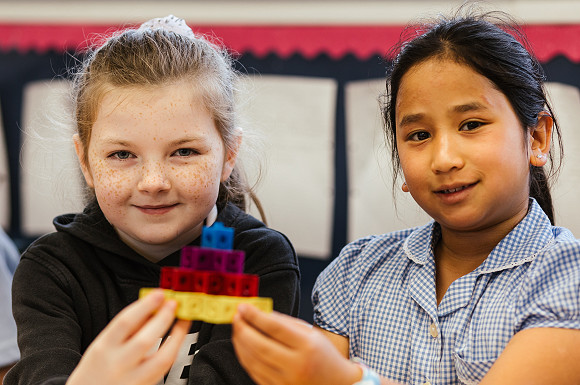02/03/2023
One Child One Family project – four years on

In 2019, the Turner Kirk Trust provided a donation to Hope and Homes from Children (HHC), via the UBS Optimus Foundation, to support the One Child One Family project. The project piloted a child protection model (AFS-KHUSELA) in Gauteng, South Africa, with the goal of preventing family separation and orphanage-based care.
Business Across South Africa, up to 21,000 children are being raised in orphanages. Fewer than 10% of them are orphans.
The neglect, loneliness, and often violence and abuse experienced by children in orphanages causes profound developmental damage. Yet, when family breakdown occurs, due to factors such as poverty, abuse, and neglect, orphanages are seen as a first resort. This is a reactive ‘rescue and remove’ approach that kicks in when the harm is already done. Instead, resources should be directed towards a preventative approach – one that strengthens family and community resilience.
Fortunately, the legislative framework for reform on this issue is already in place in South Africa. And through the One Child One Family project, HHC are playing a pivotal role in bridging the gap between policy and implementation.
Having successfully piloted a model for transitioning to child-in-family care – the AFS-KHUSELA model – the National Department of Social Development has committed to its implementation across the whole of Gauteng Province, and is advocating for its national rollout. This is a major step forward in the transition away from orphanage-based care.
The success of the model has also been widely recognised throughout the region, meaning it is playing a key role in affecting change to policy and practice beyond South Africa’s borders. In 2021, the National Director of One Child One Family in South Africa, Lourenza Foghill, presented the AFS-KHUSELA model at the United Nations Day of General Discussion on children’s rights and alternative care. This led to great interest from other southern African governments and a follow-up presentation with the Kenyan Government’s care reform working group.
HHC have already secured a moratorium preventing the placement of children under three years into government and privately run orphanages in Gauteng Province, permanently stemming the flow of young children through their doors.
And to date, the charity has directly transitioned 211 children under three years out of orphanages and into their biological families or foster and adoptive alternatives, as well as preventing the separation of a further 410 children from their families.
At the end of 2023, HHC will hand the model and the evidence developed in Gauteng over to government authorities and support its implementation in a further four provinces. They hope to secure a national plan for care reform that will cover all nine provinces by 2026.
From 2023, the next, and perhaps most important step, will be to flood the public domain with the stories and evidence collected through the One Child One Family project to demonstrate that child-in-family care is achievable and necessary. This campaign will be vital in shifting policy, opinion, and resources away from harmful orphanage-based care.
Case Study: Supporting Already Struggling Families Through The Covid-19 Crisis
Josephine is the young mother of two boys, Alfie, aged three, and Martin, aged five. They live together in a small town in Gauteng Province. Martin has additional needs, but he had not been diagnosed. Isolated from her own family during lockdown and unable to work, Josephine feared for her children’s survival. In desperation, she contacted the Gauteng authorities and asked for the boys to be placed in an orphanage where she hoped they would at least have food and shelter.
The authorities immediately referred Josephine to one of the Community Task Teams established as part of HHC’s ‘Active Family Support’ community prevention model (AFS-KHUSELA). These teams are made up of trusted representatives of local agencies such as healthcare clinics, the police, rape crisis centres, social workers, and local leaders.
HHC in South Africa train these teams to identify and support local vulnerable families such as children at risk of abuse, abandonment, violence, trafficking, or other violations of their rights, build trust with them, and link them to appropriate services. This helps prevent family breakdown and the rushed placement of children into orphanages. Services facilitated through AFS-KHUSELA include emergency and long-term foster care, financial and material support and emergency food parcels. The teams also link families to aftercare services such as feeding programmes, early childhood development services, and youth groups.
The Community Task Team helped Josephine to access the food her family needed and helped pay her bills. They supported her boys with early years education and ensured Martin received a proper diagnosis. He now has specialist support in place. Crucially, the team linked the family to a trained foster family to provide additional, specialised care to help Josephine through this particularly difficult period, preventing Alfie and Martin from being permanently separated from their mother.
All names have been changed to protect the family’s identity.

